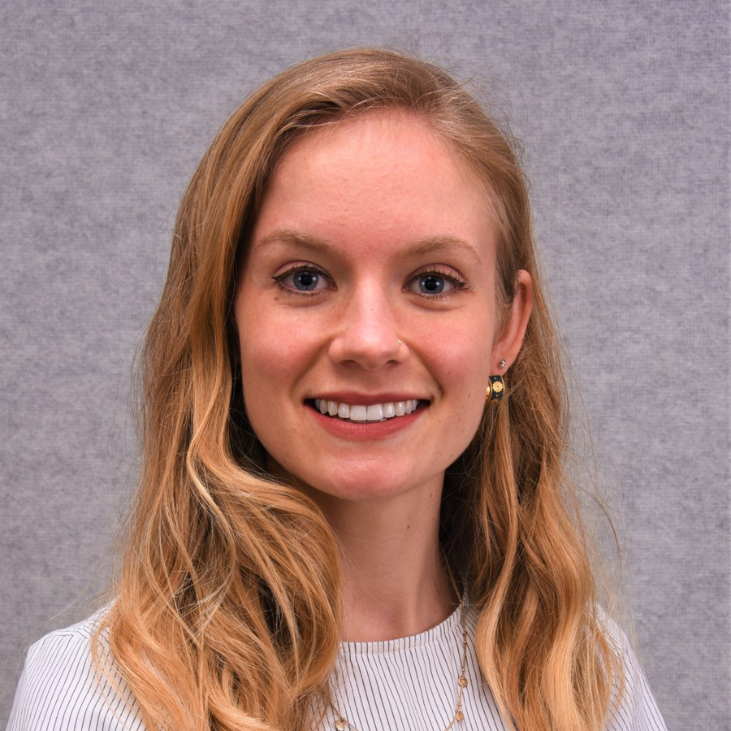Fiona Bock Documents the Efforts of the ACOG District IV HER Care Committee to Decrease Disparities in Women’s Health

Fiona Bock was pursuing a Master in Public Health from the Emory University Rollins School of Public Health when she served as a Region IV PHTC Pathways to Practice Scholar in the spring of 2022. She chose to intern with the American College of Obstetricians and Gynecologists (ACOG), a professional membership organization dedicated to improving women’s health in “an equitable world in which exceptional and respectful obstetric and gynecologic care is accessible to all.” Founded in 1951, ACOG is comprised of 12 districts representing various areas in North and South America. Fiona’s placement included working with the ACOG’s District IV Committee, which includes members from the District of Columbia, Georgia, Maryland, North Carolina, South Carolina, Virginia, West Virginia, Argentina, Puerto Rico, and the West Indies.
During her field placement, Fiona’s primary project was to work with the District IV Health and Equity Reflective (HER) Care Committee in order to publish an academic article on their recently created Health Equity and Respectful (HER) Care Toolkit – an online health equity training tool designed to reduce disparities in women’s health care. Distributed to hospitals and women health care providers, the toolkit contains seven resources to train medical students, residents, and fellows in implicit and explicit bias and how these affect the health outcomes for women.
According to Fiona, she learned that racial and ethnic disparities in women’s health and health care persist despite increased public awareness. At the end of her internship, Fiona stated:
“It is important to acknowledge that racism and bias can result in inequities in diagnoses and treatment toward certain groups and populations. The [HER Care] Toolkit provides an opportunity to incorporate these strategies for promotion of social justice into healthcare strategies. Practitioners should work to ensure that health care is free from racism and bias, treat discrimination as a risk factor for poor health outcomes, and advocate for policies seeking to eliminate inequalities in health care and health outcomes.”
“My placement at the ACOG through the Pathways to Practice Program was a valuable experience. I had the opportunity to work alongside public health professionals who are actively improving women’s health and health care. This experience allowed me to apply the skills and knowledge I have gained during graduate school and apply them in a real-world setting. As a result, I now have an ever-greater appreciation for and understanding of public health.”
